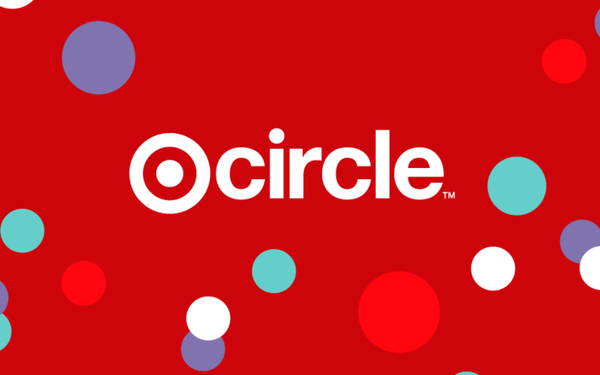
Target reported fourth-quarter financial
results, and while the company handily beat profit expectations, it also notched the first annual sales decline in seven years. The retailer also unveiled Target Circle 360, a shopping membership
program designed to boost sales and woo shoppers away from competitors, with an introductory price of just $49 a year.
Target's comparable sales declined 4.4% for the fourth quarter, while
total revenue gained 1.7% to $31.9 billion. Full-year sales fell 1.7% to $105.8 billion from $107.6 billion last year, the first time the Minneapolis-based chain has had an annual
decrease in sales in seven years.
Operating income for the quarter soared 61% to $1.9 billion from $1.2 billion in 2022.
Nor is the company predicting easier days,
anticipating a sales decline of 3% to 5% in the coming quarter, with full-year sales results expected to range from flat to 2% higher.
advertisement
advertisement
Target also announced the new membership plan, which
includes three tiers. Circle, already one of the industry’s largest loyalty programs with over 100 million members, will continue to be free. The program will now offer more personalized deals
and member-exclusive sales. And those savings will be applied automatically at checkout.
It also offers a new Target Circle Card, previously known as Target RedCard, a credit card that gives
shoppers an extra 5% off every day and free two-day shipping on many items.
The Target Circle 360 paid membership is brand new, and the launch follows months of industry speculation about
how Target might differentiate its membership from competitors.
With an introductory fee of $49 per year, compared to $98 for Walmart + and $139 for Amazon Prime, Target Circle 360 includes
unlimited free same-day delivery for orders over $35, free two-day shipping, and access to Shipt Marketplace, which offers same-day delivery from over 100 retailers nationwide.
Membership is
increasingly crucial in the battle to win grocery market share. Currently, Euromonitor ranks Target fourth, with a 4.9% share. Walmart comes first at 25.3%, followed by Costco at 6.8%, and Kroger at
6.7%. Numerator, which uses different metrics, puts Target 9th, with a 2.7% share.
Target also announced plans to expand its vast owned-brands portfolio, which brings in $30 billion
in sales each year. Those include the previously announced Dealworthy, offering lower prices on 400 everyday basics, the recently relaunched Up&Up, and Gigglescape, a new toy
brand.
Target plans to open 300 new stores this year.